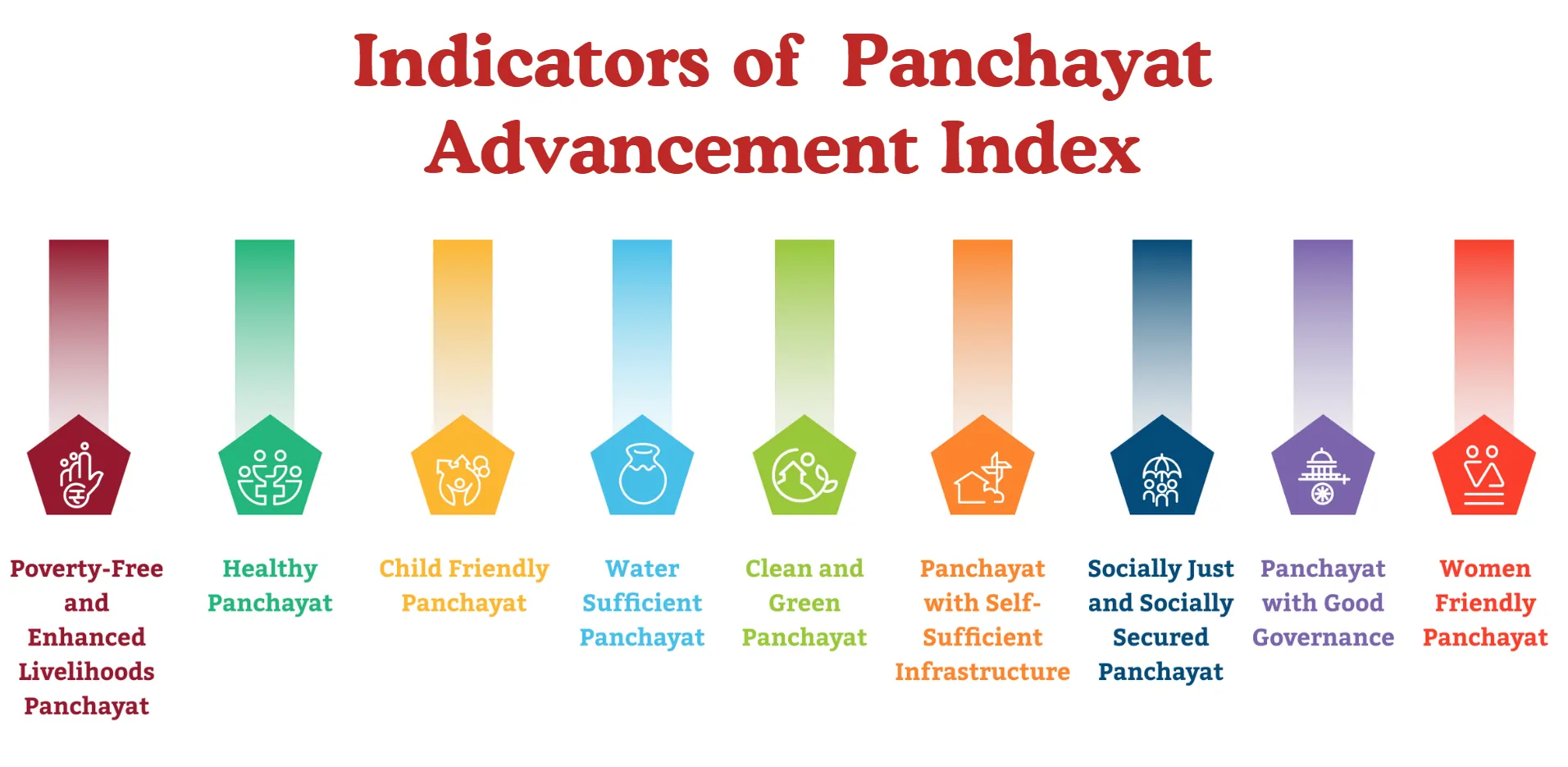- Courses
- GS Full Course 1 Year
- GS Full Course 2 Year
- GS Full Course 3 Year
- GS Full Course Till Selection
- Online Program
- GS Recorded Course
- NCERT (Recorded 500+ Hours)
- Polity Recorded Course
- Geography Recorded Course
- Economy Recorded Course
- AMAC Recorded Course
- Modern India, Post Independence & World History
- Environment Recoded Course
- Governance Recoded Course
- Science & Tech. Recoded Course
- International Relations and Internal Security Recorded Course
- Disaster Management Module Course
- Ethics Recoded Course
- Essay Recoded Course
- Current Affairs Recoded Course
- CSAT
- 5 LAYERED ARJUNA Mentorship
- Public Administration Optional
- ABOUT US
- OUR TOPPERS
- TEST SERIES
- FREE STUDY MATERIAL
- VIDEOS
- CONTACT US
MUSLIM WOMEN’S RIGHT TO MAINTENANCE UNDER SECTION 125 OF THE CRPC
MUSLIM WOMEN’S RIGHT TO MAINTENANCE UNDER SECTION 125 OF THE CRPC
23-02-2024
The Supreme Court of India is examining whether divorced Muslim women can claim maintenance under Section 125 of the Criminal Procedure Code (CrPC) against their ex-husbands.
- In February 2024, a bench reserved its order on the maintenance of Muslim women. The bench noted that the Muslim Women (Protection of Rights on Divorce) Act, 1986 does not prevent a divorced Muslim woman from filing a petition under Section 125 CrPC
Background:
- A Muslim man challenged a Telangana High Court's directive to pay ₹10,000 interim maintenance to his ex-wife.
- He argued that maintenance should be governed by the Muslim Women (Protection of Rights on Divorce) Act, 1986, as it prevails over Section 125 of the CrPC.
- The Supreme Court observed that the 1986 Act does not explicitly bar divorced Muslim women from filing a petition under Section 125 of the CrPC.
About Muslim Women (Protection of Rights on Divorce) Act, 1986:
- The Act provides a procedure for Muslim women to claim maintenance during divorce.
- It was enacted to nullify a 1985 Supreme Court decision that upheld a Muslim woman's right to seek maintenance under Section 125 of the CrPC.
- Section 3 of the 1986 Act guarantees maintenance to a divorced Muslim woman during the iddat period only, equal to the amount of mahr or dowry.
Section 125 of CrPC:
- A secular law for maintenance of Wife, Child, or Parents.
- Allows individuals who are unable to maintain themselves, they can claim financial support from spouses or children.
- Aims to prevent situations like poverty.
Prior Judicial Precedents:
- The Allahabad High Court Stated that a divorced Muslim woman’s right to claim maintenance under Section 125 of the CrPC even after the iddat period, as long as she remains unmarried.
- In Mujeeb Rahiman v. Thasleena (2022), a divorced Muslim woman could seek maintenance under Section 125 until relief under Section 3 of the 1986 Act is obtained.
- However, in Noushad Flourish v. Akhila Noushad (2023), a Muslim wife who obtained divorce by khula (divorce at the instance of, and with the consent of the wife) could not claim maintenance under Section 125 of the CrPC.
Conclusion:
The Supreme Court's decision on which law prevails will have significant implications for the rights of divorced Muslim women and the interplay between personal and secular laws in India.



